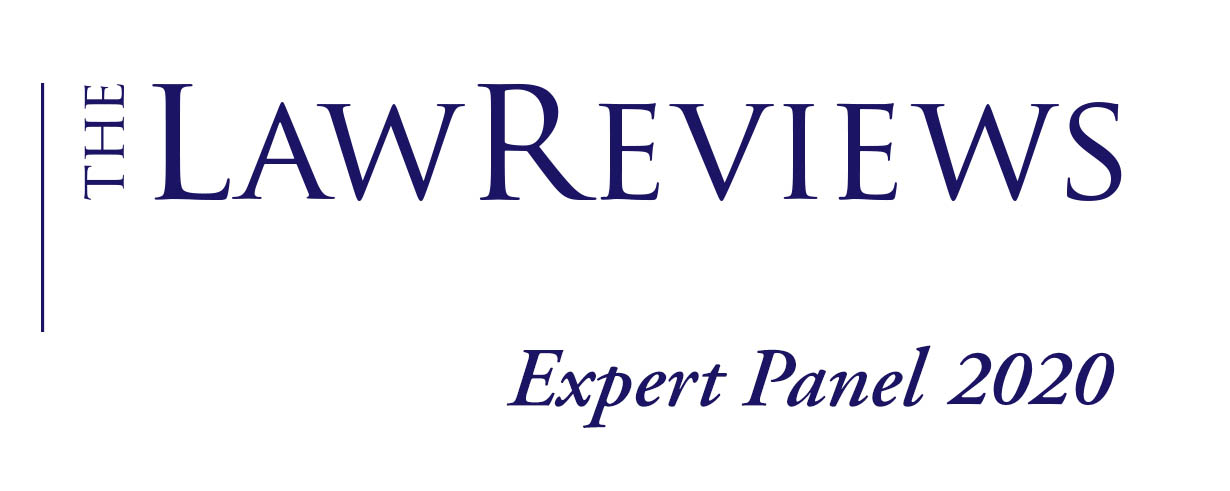Generally, the Russian pharmaceutical market and respective legislation continue to develop. Both international and local pharmaceutical companies are already established in Russia and have launched various projects related to the production of new drugs and vaccines. Some recent trends have focused on the localisation of the production of pharmaceuticals, introducing innovations, and increasing the quality of and access to healthcare.
Throughout 2019, the pharmaceutical market remained one of the fastest growing non-resource segments of the Russian economy. According to publicly available data, in the first half of 2019, the market volume exceeded 697 billion rubles and the share of Russian-made drugs reached 29.5 per cent in value terms and 60.6 per cent in physical terms.
In March 2019, the government approved changes to the state programme known as 'Development of the Pharmaceutical and Medical Industry' (Pharma 2020). The intended duration of the programme has been extended until 2024, and new targets have been added with respect to ensuring the competitiveness of the pharmaceutical industry.
Recently, the government has updated the list of strategically important drugs, the production of which must be retained within Russia (Order No. 1141-r dated 6 July 2010), which has been expanded from 57 to 215 international non-proprietary names. There are plans to adopt the new strategic document 'Pharma 2030', which will set out new targets for the development of the pharmaceutical industry up to 2030.
Russia intends to create a single pharmaceutical market within the Eurasian Economic Union (EAEU). From 31 December 2020, the authorisation of all new pharmaceuticals in Russia will be conducted solely based on the EAEU Rules. Since the first application was filed in March 2018 in Kazakhstan, only 63 pharmaceutical products have been authorised using the EAEU procedure. By 31 December 2025, it is expected that all pharmaceuticals that had been authorised under the National Regulation will be brought in line with the EAEU Rules.
Due to the covid-19 outbreak, the government has elaborated the new expedited emergency procedure for the authorisation of new drugs in Russia. As a part of this, the government is entitled to grant a temporary registration. Thus, on 1 June 2020 the Ministry of Healthcare of the Russian Federation granted a temporary registration certificate to a covid-19 treatment, Avifavir, produced by the Russian Direct Investment Fund and ChemRar Group.
In the past several years, patent linkage and compulsory licensing have become active legal issues in the wake of an increasing number of disputes initiated by such international pharmaceutical giants as Novartis, Bayer, Pfizer and Boehringer Ingelheim. There have been multiple cases of the authorisation of generic drugs before the expiry of the term of the original patent, which became possible due to legislation peculiarities and contradictory court practice.
The problem of ensuring healthy competition in the Russian pharmaceutical market, as well as in other countries, is of key importance. The Russian competition authority, the Federal Antimonopoly Service (FAS), uses a wide range of its powers (from merger control to suppression of violations connected with unfair advertising), monitors regulatory trends abroad and actively cooperates with foreign competition authorities.
The regulator also focuses on balancing private and public interests in protecting intellectual property rights of drug manufacturers. Often, abuses of such rights by their owners have a negative impact on competition and the availability of mainstream drugs to the public. Although the FAS has limited powers to act against infringers, the regulator is actively seeking ways to prevent such abuses (through the initiative to introduce compulsory licensing or authorise parallel imports).

Reproduced with permission from Law Business Research Ltd. This article first appeared on thelawreviews.co.uk
Legal Notice
The contents of this publication are for reference purposes only and may not be current as at the date of accessing this publication. They do not constitute legal advice and should not be relied upon as such. Specific legal advice about your specific circumstances should always be sought separately before taking any action based on this publication.
© Herbert Smith Freehills 2024
